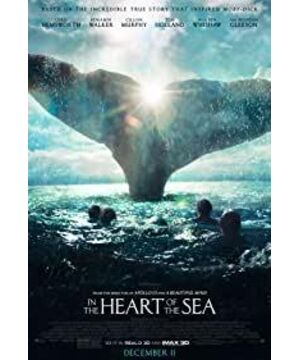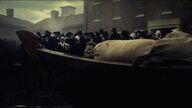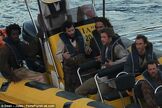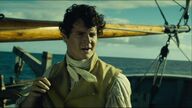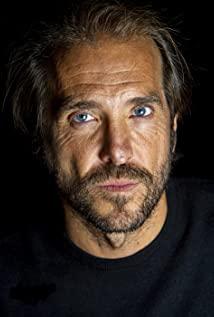The story takes place in the Song Dynasty. A village in Yunnan, like its surrounding areas, is often attacked by wild elephants. The local people are deeply affected, but the officials here have never mobilized the local strong men to drive away the wild elephants, and the people in the village seldom complain to the officials about the wild elephants. This abnormal situation was then noticed by the new magistrate who came to work here for the first time. He was dissatisfied with the local people's negative attitude to respond to the victims, and quickly organized a team to prepare to enter the village to drive elephants, but in the end, only one person from the team came back alive. The man later revealed that their group was attacked by a red giant elephant in the local woods. This red elephant is not only powerful but also very cunning. One day they trapped it by setting up a trap. One of its feet was pierced through a large hole by the tip of the iron cone of the "elephant shoe" (organ), but its foot did not Instead of bleeding, he quickly broke free from the trap and crushed several strong men to death in a row. In the next few days, the remaining strong men in the team were already weak and did not plan to drive the elephants anymore, but on the way back, this red elephant actually ambushed in the jungle and attacked us again. In the end, he was the only one. One person managed to escape from the woods.
The magistrate became more and more incredible after hearing about this. He did not believe the experience of the "red elephant" mentioned by the person who came back alone. Instead, he believed that he was suspected of murder and put him in jail. The magistrate then organized a new elephant drive team with a larger number of people. Although he did not believe in the existence of "red elephants", he still equipped the team with more perfect hunting tools, and this time the magistrate himself was the leader of the team. Chang, he believes that no matter what happens this time, they can solve it. In this way, the new team set off for the forest. . . . . . They are about to encounter the elephant, but they don't yet know what terrifying unknown lies beneath the elephant's exterior.
View more about In the Heart of the Sea reviews


